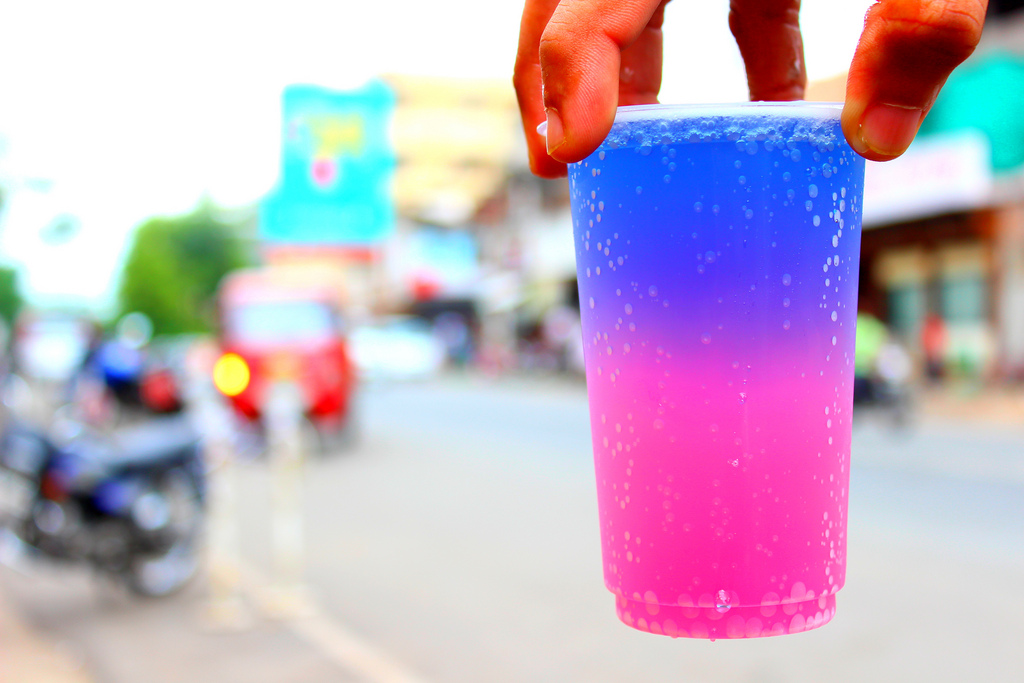
Researchers found that consuming fizzy drinks while expecting could increase the fetus' risk of obesity later in life. We know that excessive consumption of soda drinks has been linked to other detrimental health effects but this study sheds light on the long-term effects of poor diet in children.

Researchers conclude that drinking soda during pregnancy causes obesity in offspring
Expecting mothers who wish to have healthy children should avoid soda while pregnant. According to a new study in Pediatrics, the more soda a pregnant woman drinks, the more likely her child will be obese later in life. Even just two sugary beverages a day is enough to increase a child’s risk of obesity.
For the purposes of their study, the researchers selected and analyzed 1,078 mother-child pairs from eight obstetric offices affiliated with Atrius Harvard Vanguard Medical Associates. They then visited the mothers during several key points: at the end of their first and second trimesters, during the first months after the birth of their babies, and when the children entered early childhood and middle childhood.
At every visit during their pregnancy, the women completed questionnaires about their dietary habits, which included queries about their intake of sugary and non-sugar beverages. At the early and mid-childhood visits, the researchers measured each child’s height and weight before determining body fat percentage and body mass index (BMI). Moreover, the researchers took down information about both parents and the households during all the visits.
Once the study had been completed, the researchers discovered that mothers who had drank at least two sugary beverages per day had children with the highest BMI, waist circumferences, and skinfold thickness. Only regular soda was found to have such an effect, however. Consumption of water, juice, and diet soda had no discernible impact on the childrens’ BMI.
The researchers have speculated that the results may be due to the children inheriting their mothers’ predilections for sugary beverages, or that the children acquired their preferences in the midst of their gestation. Another theory is that sugary beverages were simply more readily available to the children during their childhood.
According to Siân Robinson, Professor of Nutritional Epidemiology at the University of Southampton, the study "suggests mothers’ consumption is important and has public health relevance."
Expectant mothers should also stay away from sodas because the drink is loaded with caffeine, which causes a sugar high. The excessive amount of caffeine causes poor sleep quality, dehydration, and constipation.
www.naturalnews.com
Image courtesy of: zebilibouba






